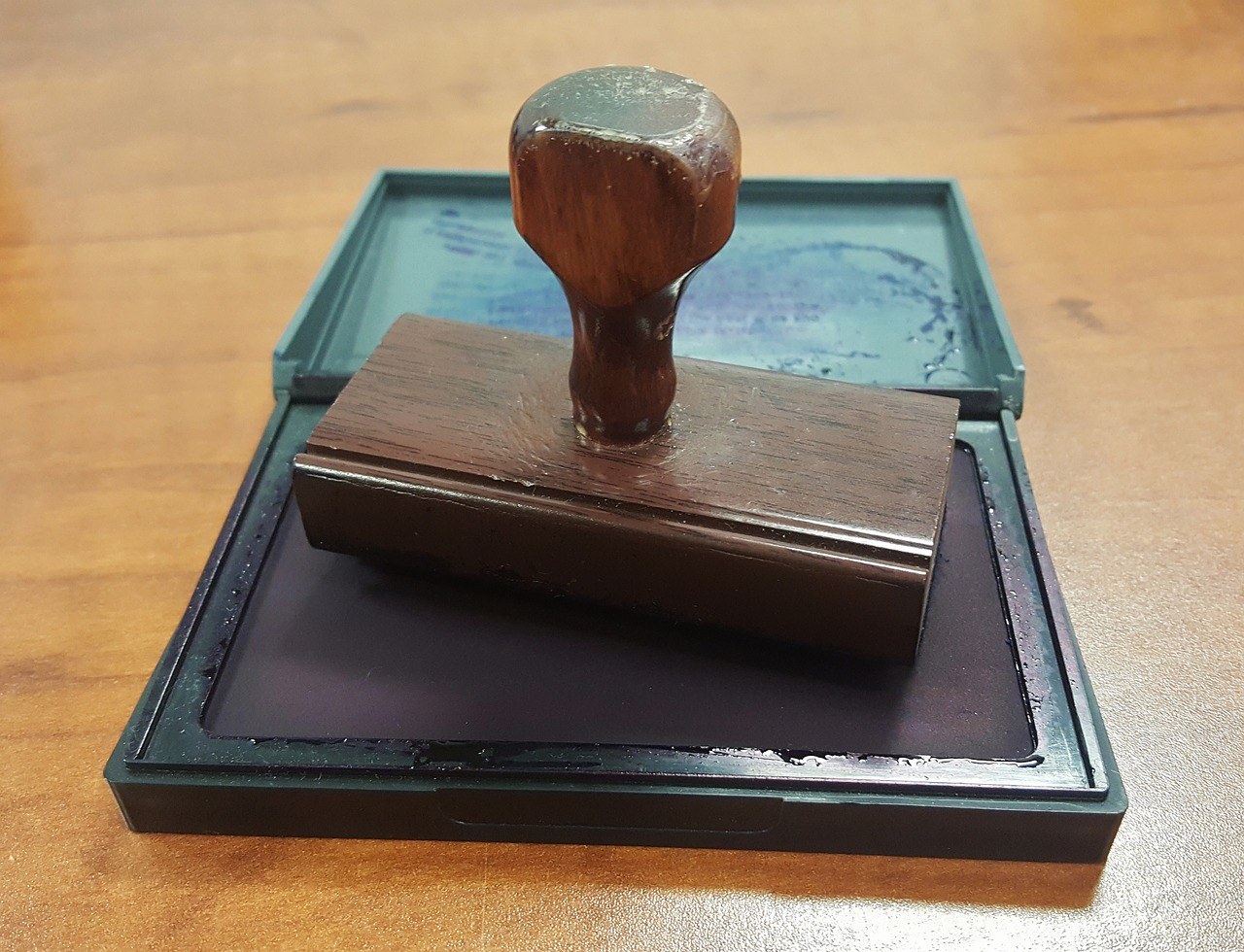
Whenever you buy or sell a vehicle, it may be necessary to make sure that the buyer or seller’s signature is authenticated. State by state, the specific requirements vary and are often greatly different, so you may need to do a little research prior.
Step 1: Preparation
Since each state’s procedures are internally different, some research is necessary as requirements can be substantially different from state to state. Some states require notarization of auto transactions while others do not. Meanwhile the listed requirements can be quite lengthy, so you may want to check your state’s DMV website or alternate online sources to find out which requirements are applicable.
Step 2: Find out what documents are needed
Proof of ID is always required yet still notarizing is more than just checking the signature but also guaranteeing that both parties will live up to the terms of a given contract. In some and certain states the title eventually becomes a legally binding contract, meanwhile other certain states require other separate applications in the process of title transfers which require notarization.
Step 3: Ensure your right to sell
While this step is somewhat obvious, the differences state to state vary on who is allowed to sell. For example, minors in many and most cases do not have the right to sell a car without parental authorization, whether or not it is the minor’s name that appears on the title. Most states do not allow vehicles to be sold if the title still lists a lien holder/lender. Before you go to a notary’s office, you should make sure that you have proof of lien release handy.
Step 4: Locate your nearest Notary public
Notary publics can be found commonly at credit unions and banks, most financial institutions have notary publics who will notarize your documents for a small and reasonable fee. Pawn shop and UPS store also commonly have notaries available, also for a small fee but it is best to call ahead to check on availability. You can also visit notaryrotary.com and other online sources such as Yelp to find a notary near you and schedule an appointment.
Part 2: The Process of Getting the Document Notarized
Step 1: Who should be present
Next find out who needs to be there during the notarization. While the number of states that require notarization is few, the differences are significant. Ohio for example requires that both seller and buyer be present and sign in front of the notary or that the one party present verifies and informs the notary that the other party did in fact sign. In certain states such as North Carolina, only the seller’s signature must be verified while in Montana notaries are permitted to authorize transactions of vehicles without identifying the buyer.
Step 2: Bring the required documentation to your appointment
You will most certainly need the title, state issued ID and the appointment fee. Acceptable ID generally is either a state issued ID or a government issued ID such as a Military ID, Green Card or Passport.
Step 3: Signing the title
Blue or black ink should be used when signing the title in front of a notary. If you are the one selling, you should sign your name as it appears on the title. For example if your middle name appears on the title, include your middle name in your signature. Buyers meanwhile should sign their name how they want it to appear on the title, with or without middle names or initials and hyphens and such.
Step: 4 have the title stamped and sealed
The Notary’s job is to verify and witness transfer of ownership, he or she will then stamp and or seal the title so that both signatures are legally official. Lastly the final step in notarizing a car title is paying the notary fee. Notary fees typically cost between $4 and $10, depending on which state you live in.